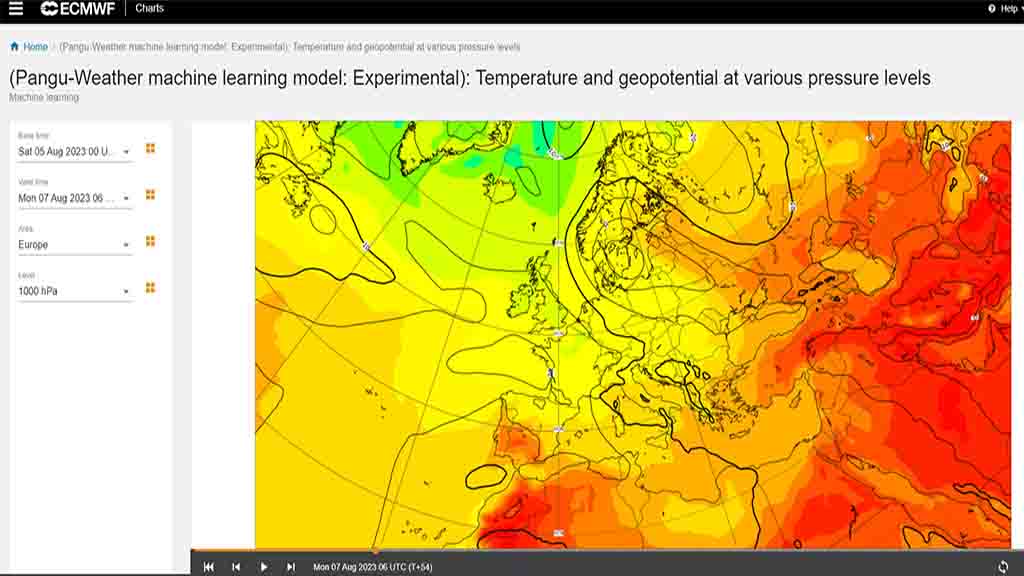Huawei
Huawei Cloud will build large-scale high-precision regional weather forecast Pangu model

Recently, Huawei announced that it will work with China’s Shenzhen Meteorological Bureau to build a large-scale high-precision regional weather forecast model.
This new collaboration is focusing on exploring new technologies for forecasting meteorological elements such as heavy precipitation and providing high-resolution, medium and short-term weather forecast products for Shenzhen and surrounding areas.
Official information shows that regional meteorological large models will use AI technology to improve the forecast accuracy and model calculation speed of short and medium-term heavy precipitation and other meteorological elements, which has positive significance for meteorological disaster warning and disaster prevention and reduction in large cities.
Huawei notes that the Pangu meteorological model released in July this year brings unique advantages in some scenarios. However the spatial precision of the forecast was insufficient, and it also lacked the ability to refine forecasts of precipitation and other elements.

The Huawei Cloud Pangu team and the Shenzhen Meteorological Bureau will use more efficient calculation methods to create a more sophisticated Shenzhen regional weather forecast model based on the Pangu global meteorological model. These teams will actively explore and improve various meteorological elements including rainfall, precise forecasting capabilities, and timeliness.
Past information shows that in the pre-training segment, the regional weather forecast large model can learn the three-dimensional atmospheric movement patterns in the region based on the 3km resolution high-quality reanalysis data set of the pan-South China region provided by the Shenzhen Meteorological Bureau. Then predict the weather conditions including Shenzhen. The future changes of meteorological elements in the pan-South China region.
Furthermore, the Shenzhen regional meteorological forecast model is expected to be implemented in more regions as soon as possible and applied in scenarios such as meteorological disaster forecast and warning, disaster prevention and reduction decision-making, and more.
Also, mentioning that the precipitation prediction function of Huawei Cloud Pangu Weather Model has launched global invitation testing on September 30.
According to reports, the precipitation prediction function brought this time can realize short- and medium-term precipitation predictions for the next 6 hours and 24 hours, and will also challenge the prediction of heavy rain red warnings from 3 hours in advance to 24 hours in advance.
This large model is based on 40 years of global meteorological data, adds 10 years of satellite precipitation data, and is trained and optimized using the 3D EST-3 Earth Space Network. In addition, the Thailand Meteorological Administration also announced that it will jointly develop a large-scale meteorological model of Thailand’s Pangea with Huawei Cloud.






